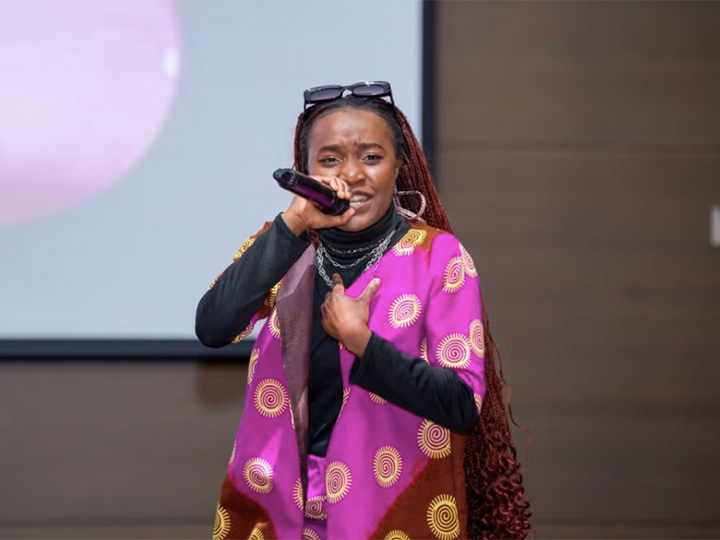
Georgetown University has had a significant history of academic and outreach relationships in Africa since the 1980s, when the African Studies Program was established within the School of Foreign Service.
Select Centers, Institutes,
and Research Programs


Leadership and Advocacy for Women in Africa Fellowship Program Activity
This fellowship program trains women's human rights lawyers from Africa who are committed to returning to their home countries in order to advance the status of women and girls. This fellowship program is sponsored by the Women’s Law and Public…

African Studies Program Georgetown Unit
Sponsored by the Walsh School of Foreign Service, the African Studies Program offers a graduate certificate and an undergraduate certificate or minor focusing on historical and contemporary aspects of political and cultural life on the African…

Georgetown University Initiative on Innovation, Development and Evaluation Georgetown Unit
Georgetown University Initiative on Innovation, Development and Evaluation (gui2de) is a collaboration between the Economics Department and the McCourt School of Public Policy. Gui2de promotes field-based research in developing countries to evaluate…

Center for Global Health Practice and Impact Georgetown Unit
The Center for Global Health Practice and Impact at Georgetown University Medical Center works with governments and local organizations to co-design interventions that improve their population’s health and wellbeing and safeguard against…
Featured News

School of Nursing Graduate Student Evaluates Novel Motorbike Ambulance Service To Improve Maternal Health in Rural Kenya
Alexandra Jones (G’26), a graduate student in Georgetown’s Berkley School of Nursing, partnered with Canadian Nurses for Africa and the Kenyan Ministry of Health to conduct a formal survey as part of her doctoral research.
Past Event
February 27
China-Africa Engagement and Impacts on Peace and Security: Part III
Past Event
January 30
Past Event
November 24


